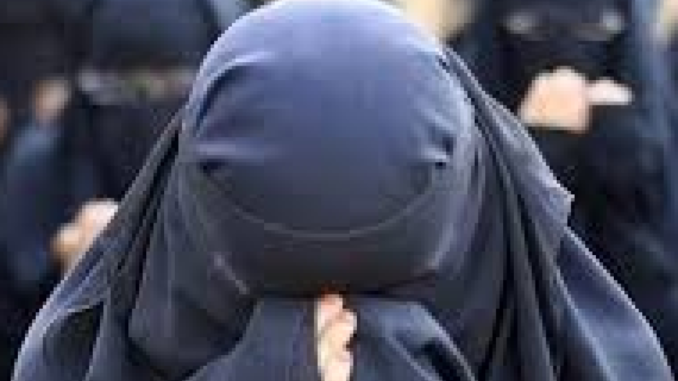
Lucknow, March 8 (IANS) Leading separate lives in different places, three women in Uttar Pradesh share the same destiny and pain as they have been raped, abandoned and forced to live in oblivion for no fault of their own.
For these three women, International Women’s Day holds no meaning as they have faced an unending, immensely personal and painful crisis in their lives, with no help coming forth from society.
These women were raped by their fathers-in-law, abandoned by their husbands and families and chastised by the clerics for no fault of theirs and the last two decades have been unending days of deprivation, toil and misery.
The first such reported incident took place in June 2005 in Charthawal town of Muzaffarnagar District, when a 28-year-old woman and a mother of five children, was allegedly raped by her 69-year-old father-in-law Mohammad Ali.
The case came to be known as the Imrana case and the woman’s marriage was declared null and void by the local panchayat’s Council of Elders soon after she was raped.
The Council of Elders asked her to leave her husband Nur Ilahi, who they said was now her ‘son’ as the Islamic law considered sexual relations with both the father and son as incestuous.
The Islamic seminary Darul Uloom Deoband and prominent clerics ruled that a woman raped by her father-in-law, could not be allowed to live with her husband any longer as per Islamic law as the husband had now become her ‘son’.
After Imrana’s case was highlighted by the national media, the National Commission for Women directed authorities in Muzaffarnagar to take action.
The police registered a case under Sections 376 (rape) and 506 (criminal intimidation) of the Indian Penal Code against Mohammed Ali and arrested him.
Police also filed a case against him on June 30, 2005 with a medical report and recorded Imrana’s statement before a Magistrate.
Imrana went to her father’s home with her children but as social pressure mounted, she was forced to leave the house by her brothers.
In October 2006, Mohammed Ali was condemned to a prison term of ten years for raping Imrana. The judge also directed Mohammed Ali to pay compensation of Rs 8,000 to Imrana for raping her.
Today, 19 years on, no one in her village knows about her whereabouts. Sources close to her family claim that she has relocated to another town and her children, now grown up, do odd jobs for a living.
In the second such instance, a young woman was repeatedly raped by her father-in-law at gun point. The incident took place in September 2014 but the matter came to light much later when the woman (name withheld) submitted a request to the then District Magistrate, seeking permission to abort her seven-month pregnancy.
The woman said, “My husband was working in Dubai since 2012, and did not believe me. In fact, he accused me of making false allegations against his father.” The woman was denied permission to abort the child on medical grounds and after she delivered a boy, she was thrown out of her husband’s home after being accused of treachery.
Today, she stays with a distant relative, does stitching and other odd jobs for a living and waits endlessly for the sun to shine again in her life.
More recently, in a chilling reminder of the Imrana case of 2005, a similar case was reported from Muzaffarnagar. On July 5, 2023, a 23-year-old woman, who was then seven months pregnant, was alone at home when her father-in-law, 50, allegedly barged into her room and raped her. He threatened to kill her if she reported the matter.
In her police complaint filed on September 7, 2023, the woman stated, “When I informed my husband about the assault he told me that since his father had established a relationship with me, we cannot stay together as I have now become his father’s wife.”
She alleged her husband thrashed her and threw her out of the house. “I remained silent as I wanted to preserve my honour. Despite repeated pleas, my husband refused to take me back for no fault of mine. That is why I decided to take legal action,” she said.
The then Station House Officer (SHO) Raghvendra Yadav said, “A case under IPC Sections 376 (rape) and 606 (punishment for criminal intimidation) was registered against the father-in-law while the husband was booked under Section 323 (punishment for voluntarily causing hurt).”
The All India Muslim Women Personal Law Board (Shia), President, Shaista Amber says that in all three cases, the common factor was that the victims did not get any help – not from their family, not from society and not from the religious leaders.
She adds, “A true celebration of International Women’s Day would be when such victims get support from society, religious leaders and help from the legal system.”
–IANS
amita/rad
Leave a Reply